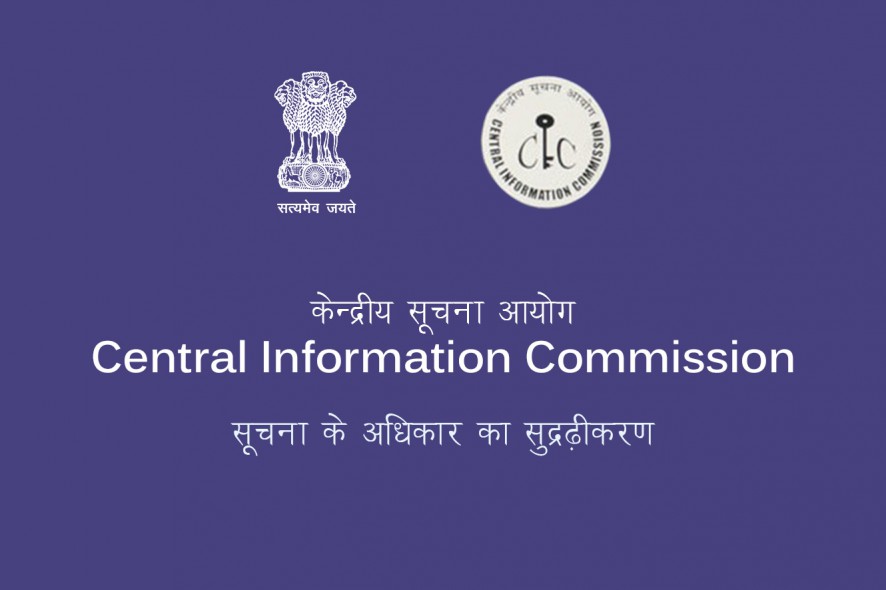Central Information Commission: CIC has observed that although Section 16 of Sexual Harassment of Women in the Work Place (Prevention, Prohibition and Redressal) Act, 2013 specifically prohibits publication and communication of contents of the complaint made under Section 9, identity and addresses of the aggrieved women etc., to the public, press and media, however, it does not prohibit the disclosure of certified copy of complaint to the person against whom complaint is made. The case relates to a complaint containing allegations of sexual harassment, filed by PG students against two Professors of Delhi University. Earlier, nine students of Delhi University (Faculty of Medical Sciences) filed complaint against Head of their department and his wife who were their thesis guides, alleging sexual harassment. The appellant wife sought information related to the complaint from the University but was denied on the ground that disclosure of such information would be inappropriate, as it would endanger the physical safety of the complainants/accused and such personal information is held by the University in fiduciary relationship with the individuals concerned. Before the Commission, University submitted that as the complaint alleged sexual harassment, as per the law details about complaint and related information could not be given to the two doctor husband and wife (appellant). After perusal of material on record, CIC noted that though “allegations (in the complaint) were substantially of serious harassment, but there is no possibility of considering them as of sexual harassment.” Commission further noted even if it is assumed that the complaint in this case discloses possibility of sexual harassment charge, Section 16 of Sexual Harassment of Women at Workplace (Prevention, Prohibition and Redressal) Act, 2013 does not prohibit sharing of the copy of complaint with the officer against whom complaint was filed. While observing that, “Principles of natural justice demand that the copy of the complaint must be given to the accused officer so that he would get ample opportunity to defend the charge made against him,” CIC ordered disclosure of complaint to the appellant. [A.L. Agarwal v. Delhi University, 2015 SCC OnLine CIC 14924, decided on 9-12-2015]
Copy of complaint must be provided to accused even in the cases of sexual harassment,
Central Information Commission: CIC has observed that although Section 16 of Sexual Harassment of Women in the Work Place (Prevention, Prohibition and






